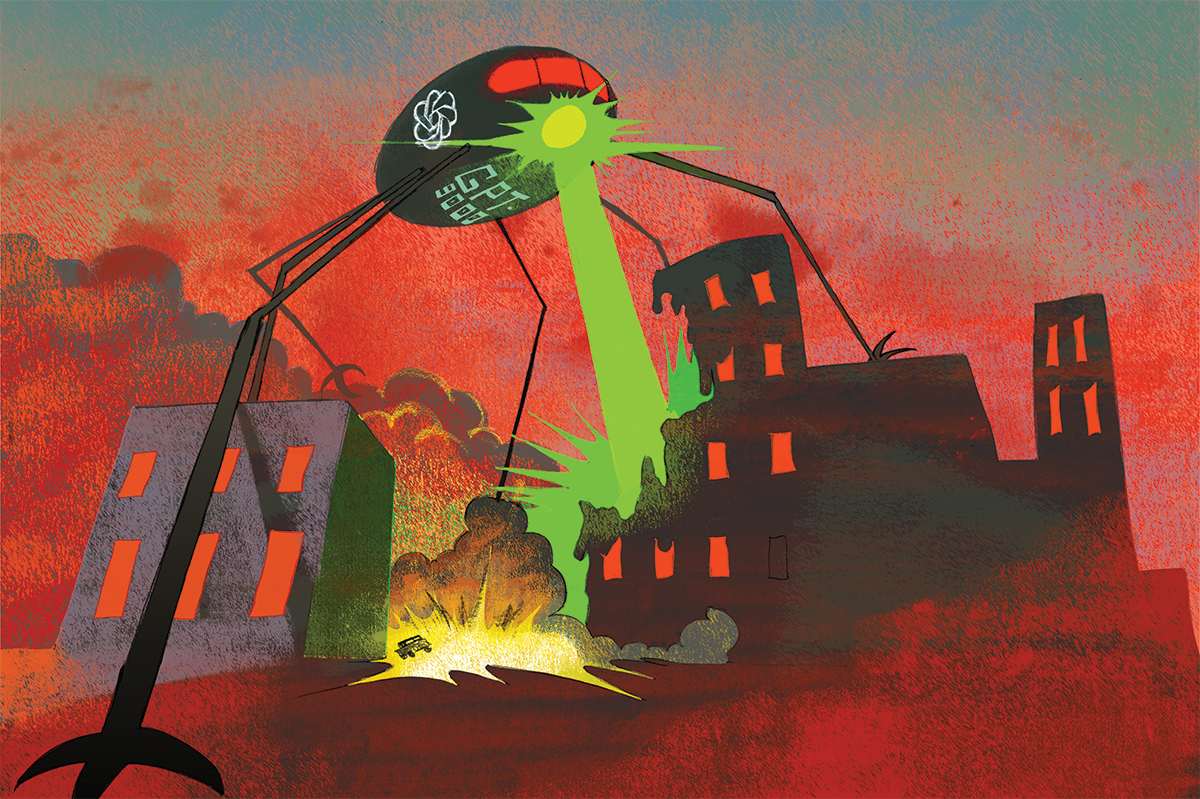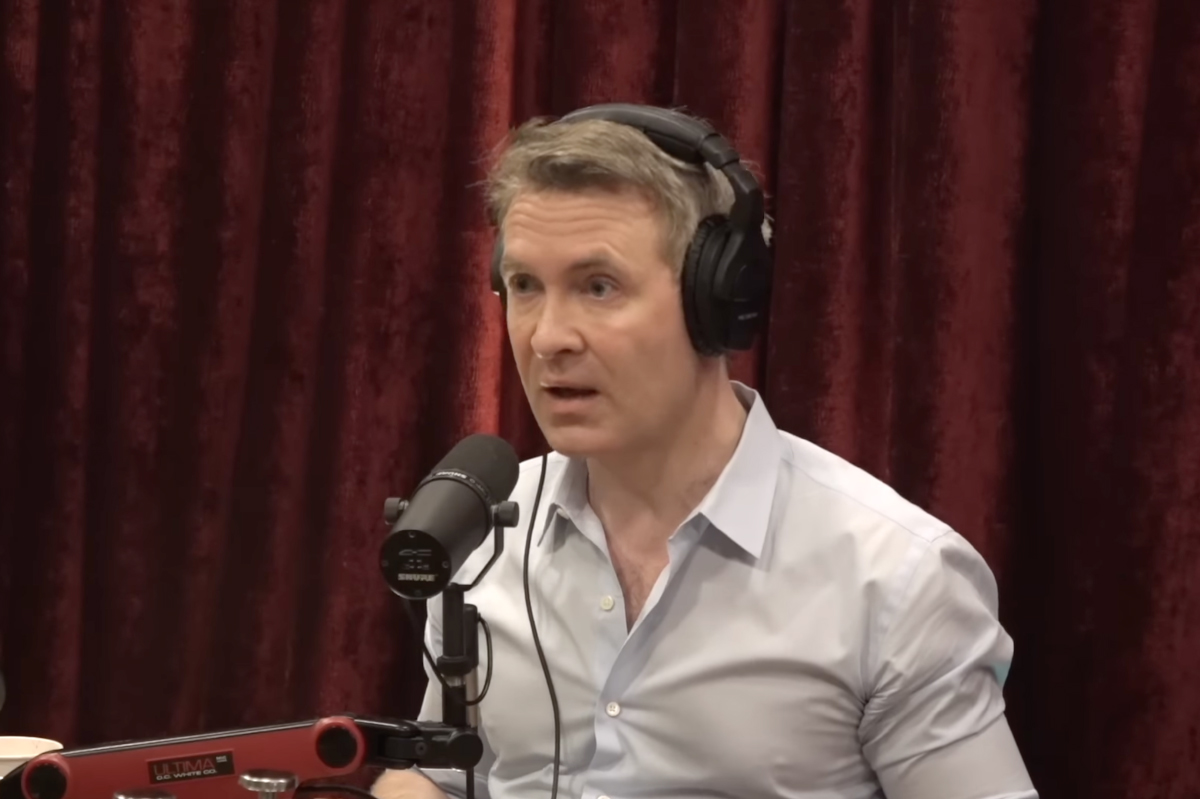It’s one way to keep in touch with people. Each morning, somewhere between the first coffee of the day and the first drink, I open my computer, log on to social media and see which of my friends or colleagues is ‘trending’ today. ‘Ooh,’ I think as I see their names flash up, ‘I wonder what Julie/Charles/Allison/James/Rod (usually Rod) has done now’. Then I click and read all about their crimes, usually through a filter of people laboring under the impression that a writer’s job is to say what everyone else has already agreed on. The howls, incidentally, mostly emanating from people who in no sense subscribe to the organ in which the crime is said to have occurred.
This is one of the brightest moments of my day. For at these times I feel a huge surge of communal pride. I do not know if it is the same in all professions. I don’t know if chartered accountants love other chartered accountants, taxi drivers love other taxi drivers, or actors love anyone other than themselves. But I do love hacks, journos and opinion-mongers. Whether their views are in alignment with my own matters less and less with the years. The fact is that the more I see them attacked, the more grateful I am for this strange, disputatious, disagreeable tribe.
Take Peter Hitchens. I have no idea whether Peter is right or wrong in his claim that this country has done the wrong thing in locking itself down to avoid coronavirus. But every time I see him sally forth in print or on screen to argue his case, I thank God for whatever it was in the Hitchens milk that produced such argumentative, unintimidatable sons.
Just as the desire to speak up transcends politics tribes, so the temptation to shut things down is not confined to any one political side. Recently I wrote something nice about the Guardian contributor Suzanne Moore, who had done an exceptional thing by publishing something in the Guardian despite its being true. Yet after my Moore encomium a number of otherwise contented readers got in touch to remonstrate. How could I say anything nice about Ms Moore, they asked. Had I not seen what she once said about the male sex, the royal family, or any number of other things? And my answer is the same: I don’t agree with anyone on everything, but as I grow older I am gladder and gladder for people who keep firing off in style, whatever the incoming flack.
It was William Nicholson in his film about C.S. Lewis, Shadowlands, who came up with that beautiful line ‘We read to know we are not alone’. A feeling that approximates to the sensation Aristotle called ‘anagnorisis’ — the moment of discovery, or recognition. Great art regularly hits us with this emotion: the discovery that someone else lived who felt as we have felt. Well, I would propose that a less grandiose, often coarser but equally significant quality marks out desirable magazine-writing.
As online readers will know, in recent weeks I have been re-reading some of my favorite Spectator columnists of recent decades. And one thing this has clarified is the fact that for me the definition of good writing includes something which makes me whistle and think: ‘I am so glad that someone has said that out loud.’
Sometimes it is on a deep moral issue, like Mary Wakefield writing on abortion. Sometimes it is a matter of artistic judgment, as Lloyd Evans managed in a theater column in 2015 when he summed up in just four paragraphs everything that is wrong with George Bernard Shaw. Often it is something so embarrassing that you just punch the air with joy that somebody has been willing to write and publish it. Such as Cosmo Landesman writing about whether right-wing women are better in bed than left-wing women (‘Yes’). Or Rod writing about his and his wife’s calamitous evening of wine criticism.
If there isn’t all that much solidarity, then perhaps it is in part because we don’t get together often enough for the camaraderie to break out in public. Some people would say that is a good thing and that such disputatious people ought to be kept apart.
The Spectator’s annual summer party provides some evidence for this line of reasoning. It always starts off respectably enough, with politicians, journalists and even some television presenters networking away happily. But the best part is when the grandees have cleared off. When the last spad or PR man has been led out by the hand like a defeated chimpanzee. Then you’ll see the opinionated classes still arguing it out, with nothing to stop them but last orders or oblivion, whichever comes first. Last year, as the crowd thinned, I watched one hack finally collapse backwards into a hedge at the bottom of the garden without even the hint of a crumple. Ramrod straight they stayed, even as the ground came rushing towards them. I think most people were too busy arguing to notice. But someone else got there first and a cry went up that temporarily stilled the discussion: ‘Is there a doctor in the garden?’ During a short pause it became clear that there was. Then the voice again: ‘Is there a sober doctor in the garden?’
A couple of years back the editor had the fine idea of throwing a hacks-only party so we didn’t all have to be on such good behavior. I think Nick Cohen was still drinking then. Somehow I recall Jeremy Clarke being carried out more than once, the last time under someone’s arms, like a rolled-up carpet. A left-wing feminist definitely #MeToo-ed me. It was a glorious, terrible, messy, disputatious, hilarious battlefield of an evening. ‘We lost some of our best men last night,’ I said quietly to the deputy editor the next day. ‘But I feel like we made some small advances on the enemy’s territory.’
What are those enemies? Boredom. Predictability. Obviousness. Humorlessness. Dullness. Staleness. The demand for boring consensus, of any kind. Most of all that gang of people who seem to grow in volume if not in number by the year, who cry, ‘You can’t say that.’ Well, bugger them. Here’s to the awkward squad. Wherever they fall.
This article was originally published in
The Spectator’s 10,000th UK magazine. Subscribe to the US edition here.

























